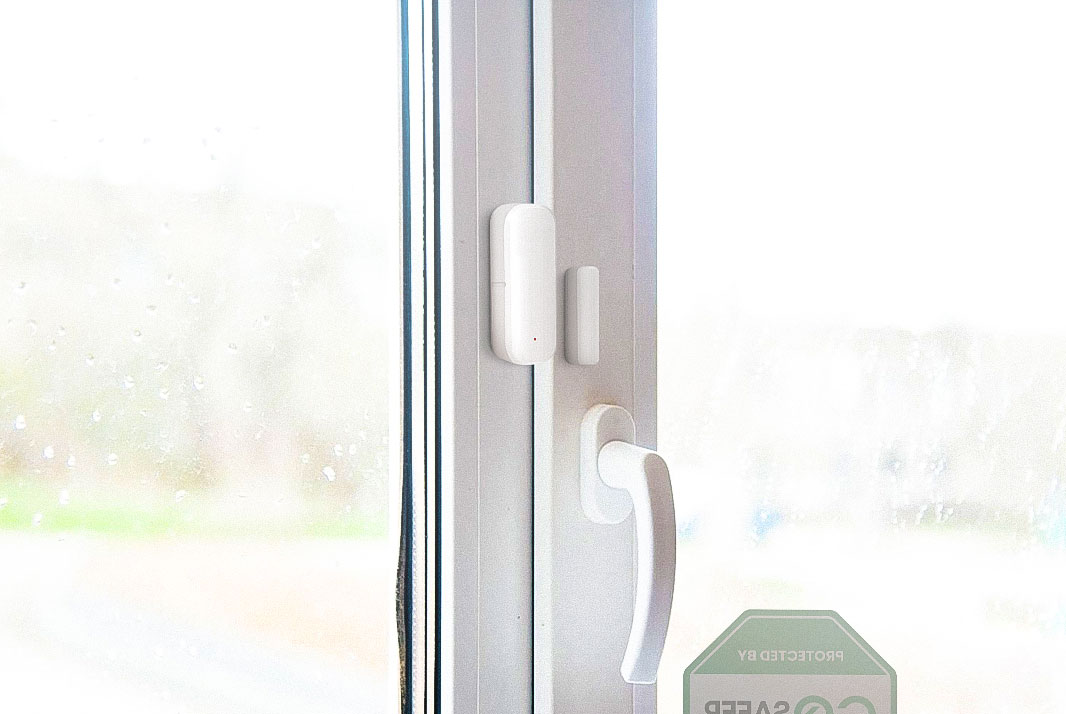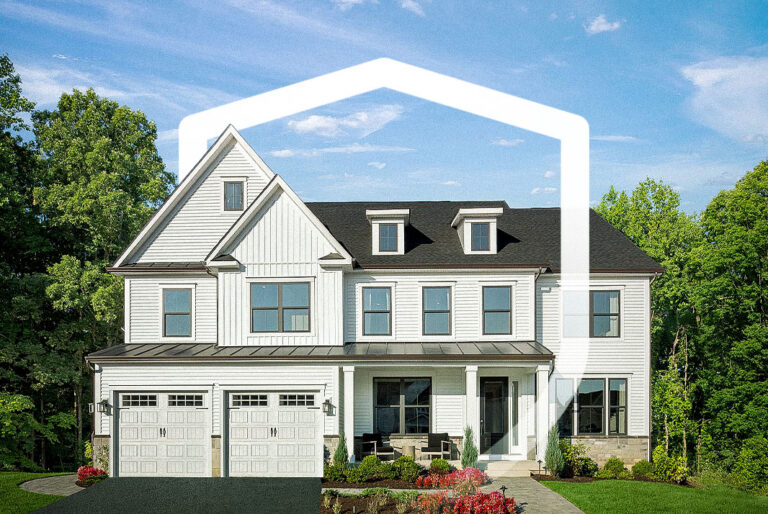Securing your home is a top priority, and with the range of home alarm systems available today, there’s no excuse for leaving your safety to chance. But with so many options on the market, how do you choose the right one? This comprehensive guide will help you navigate through the different types of home alarm systems, their features, and how to pick the best one for your needs.
Table of Contents
ToggleTypes of Home Alarm Systems
Wired Alarm Systems
Wired alarm systems are the traditional backbone of home security. These systems use physical wires to connect the sensors, control panel, and alarm.
How They Work
Wires run through the walls and connect each component, making the system very reliable.
Pros and Cons
Pros:
- Very reliable connection.
- No interference from other wireless devices.
Cons:
- Installation can be invasive and costly.
- Less flexible if you want to move components around.
Wireless Alarm Systems
Wireless alarm systems are increasingly popular due to their flexibility and ease of installation.
How They Work
These systems use radio frequencies to communicate between sensors and the control panel.
Pros and Cons
Pros:
- Easy to install with minimal drilling.
- Flexible and portable.
Cons:
- Can be susceptible to interference.
- Requires battery changes.
Monitored Alarm Systems
Monitored systems provide continuous surveillance by a professional monitoring center, offering a high level of security.
How They Work
When the alarm is triggered, it sends a signal to a monitoring center, which then contacts the homeowner and, if necessary, emergency services.
Pros and Cons
Pros:
- Professional monitoring 24/7.
- Quick response in emergencies.
Cons:
- Ongoing monthly fees.
- Reliant on external monitoring service.
Unmonitored Alarm Systems
Unmonitored systems rely on the homeowner to respond to alarms, without professional monitoring.
How They Work
These systems sound an alarm and may send notifications to your phone, but do not contact emergency services directly.
Pros and Cons
Pros:
- No monthly fees.
- Full control over the response.
Cons:
- No professional monitoring.
- Delayed response in emergencies.
Electric Current Alarm Systems
These are some of the simplest alarm systems, using electric circuits to detect intrusions.
How They Work
When a door or window is opened, it breaks the electric current, triggering the alarm.
Pros and Cons
Pros:
- Simple and affordable.
- Effective for basic security needs.
Cons:
- Limited to entry points only.
- Easy to bypass for experienced intruders.
Home Automation Alarm Systems
Home automation systems integrate with smart home devices to provide comprehensive security and convenience.
How They Work
These systems can control lights, locks, and other devices in addition to providing security monitoring.
Pros and Cons
Pros:
- Integration with other smart home devices.
- Advanced features like remote access and automation.
Cons:
- Can be complex to set up.
- More expensive than basic systems.
Key Features to Consider
Sensors
- Door and Window Sensors: These sensors alert you when a door or window is opened.
- Motion Sensors: These sensors detect movement within your home, triggering an alarm if unexpected motion is detected.
Control Panels
- Keypads: Traditional control panels that allow you to arm and disarm the system.
- Smart Home Integration: Modern systems often integrate with smart home hubs like Amazon Echo or Google Home, providing voice control and automation.
Sirens and Alarms
Loud alarms that deter intruders and alert neighbors or passersby.
Security Cameras
- Indoor Cameras: Monitor the inside of your home.
- Outdoor Cameras: Weatherproof cameras to monitor the exterior of your home.
Mobile Alerts and Notifications
Receive real-time alerts on your smartphone, allowing you to monitor your home remotely.
Choosing the Right Alarm System for Your Home
Assessing Your Security Needs
Evaluate the specific risks your home faces. Do you live in a high-crime area? Do you need to secure multiple entry points?
Budget Considerations
Determine how much you are willing to spend on installation, monthly monitoring, and maintenance.
Professional Installation vs. DIY
Consider whether you want the convenience and expertise of professional installation or the cost savings and flexibility of a DIY approach.
Scalability and Future Proofing
Choose a system that can grow with your needs, allowing you to add new components and integrate with other smart home devices.
Installation and Maintenance
Professional Installation
Benefits
- Expertise and experience.
- Ensures optimal placement of sensors and cameras.
Costs
- Higher upfront cost.
- May include a service fee.
DIY Installation
Benefits
- Cost-effective.
- Can be done at your own pace.
Steps to Install
- Plan your system layout.
- Install sensors and cameras.
- Connect to the control panel and test the system.
Regular Maintenance Tips
- Battery Checks: Regularly check and replace batteries in your wireless sensors.
- Software Updates: Keep your system’s software up to date to ensure it functions correctly and securely.
Conclusion
Selecting the right home alarm system requires knowledge of the various types and their unique benefits. Whether you choose a wired or wireless system, monitored or unmonitored, it’s essential to find a solution that fits your specific security needs and budget. By evaluating the features and options outlined in this guide, you can make an informed decision and improve the safety and security of your home with the right home alarm systems.







